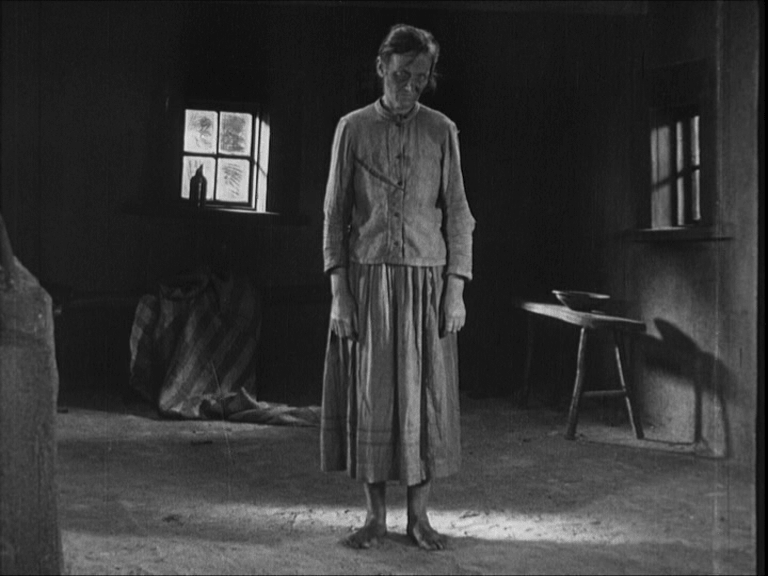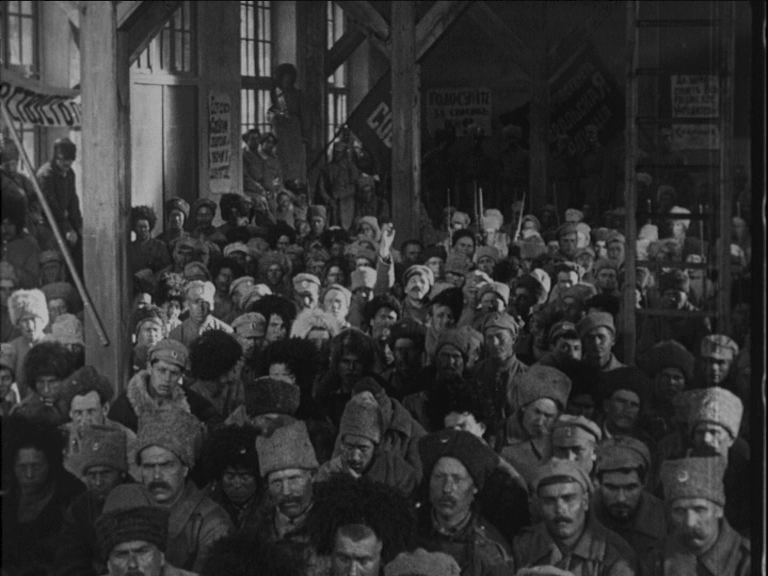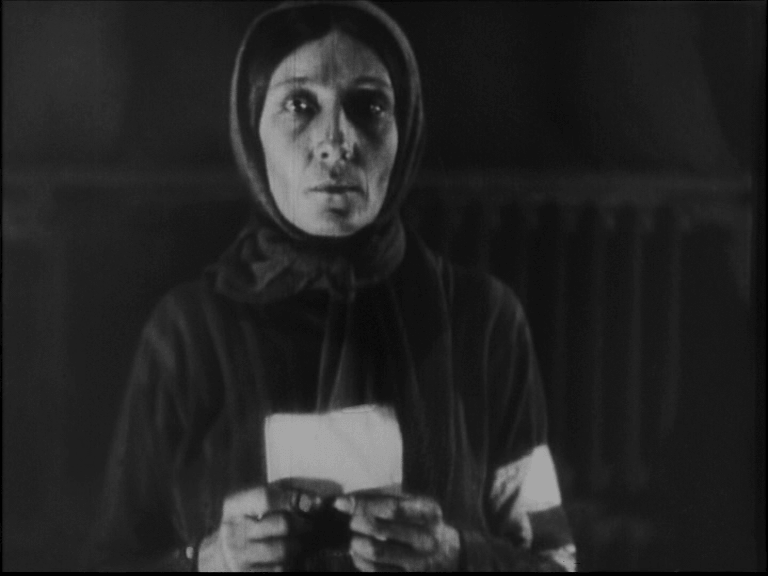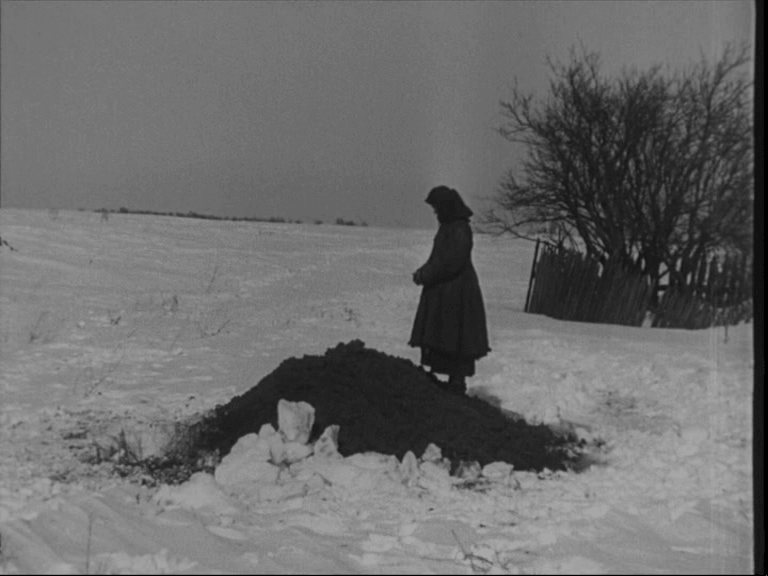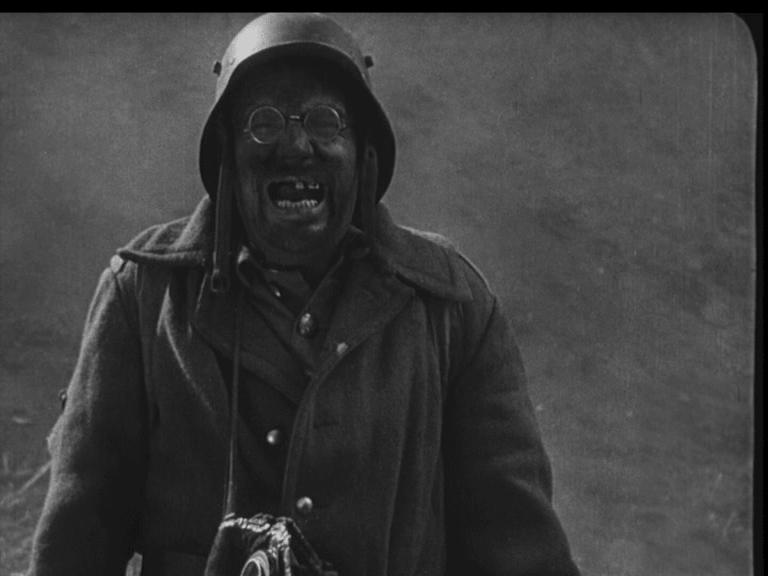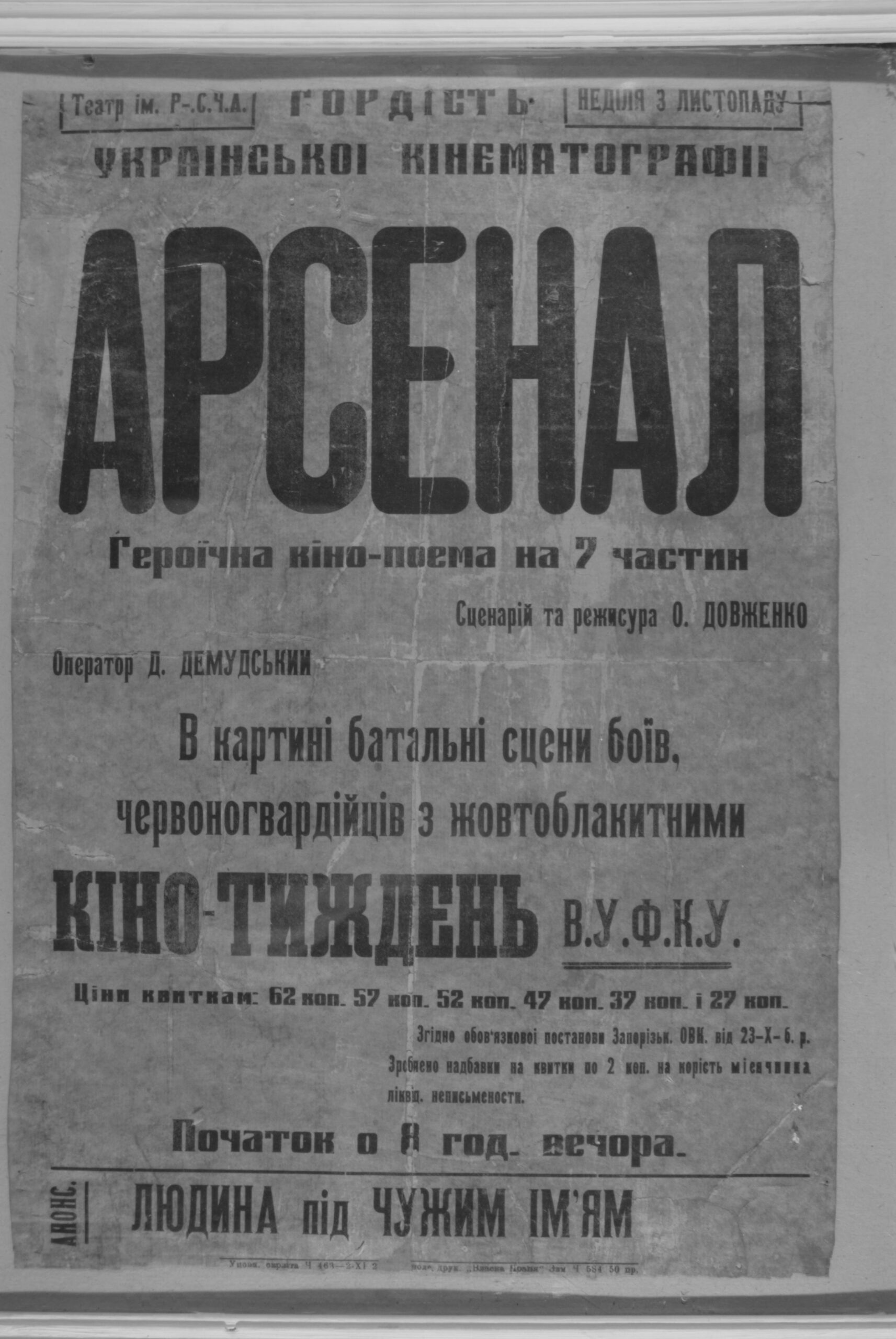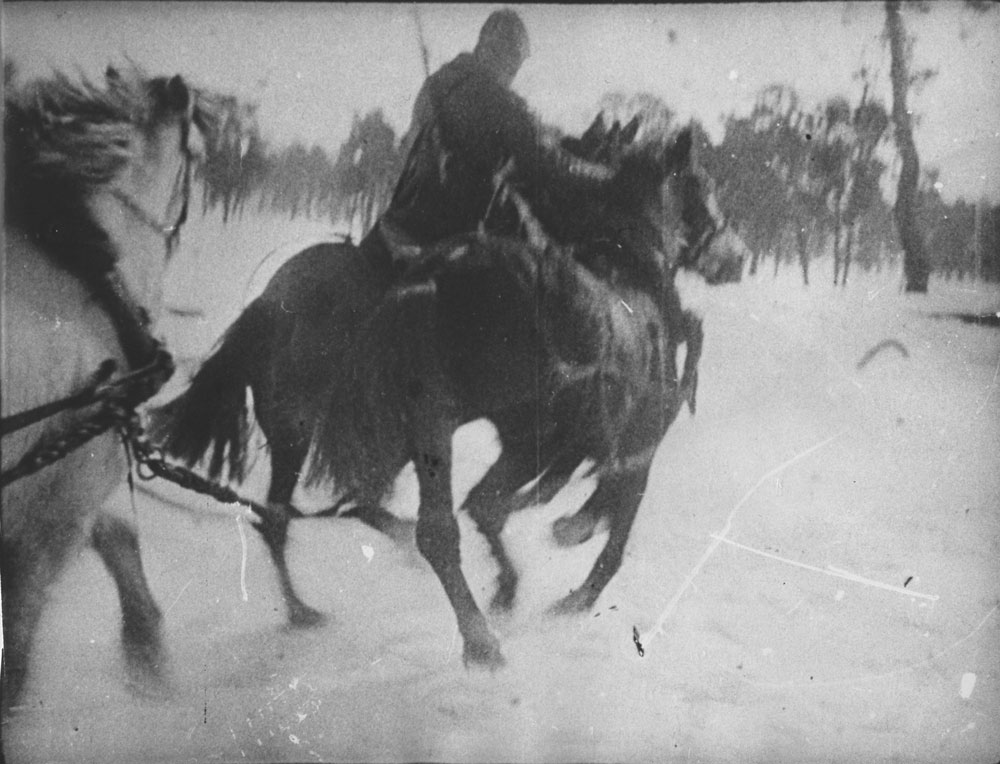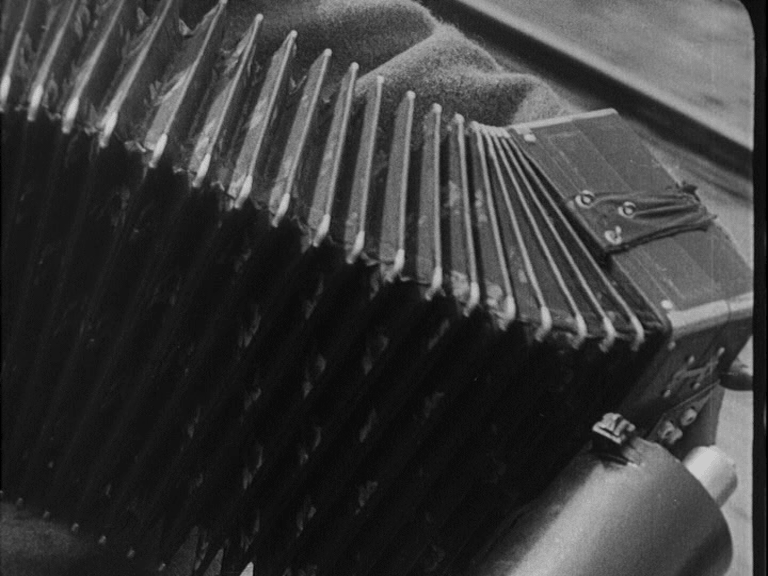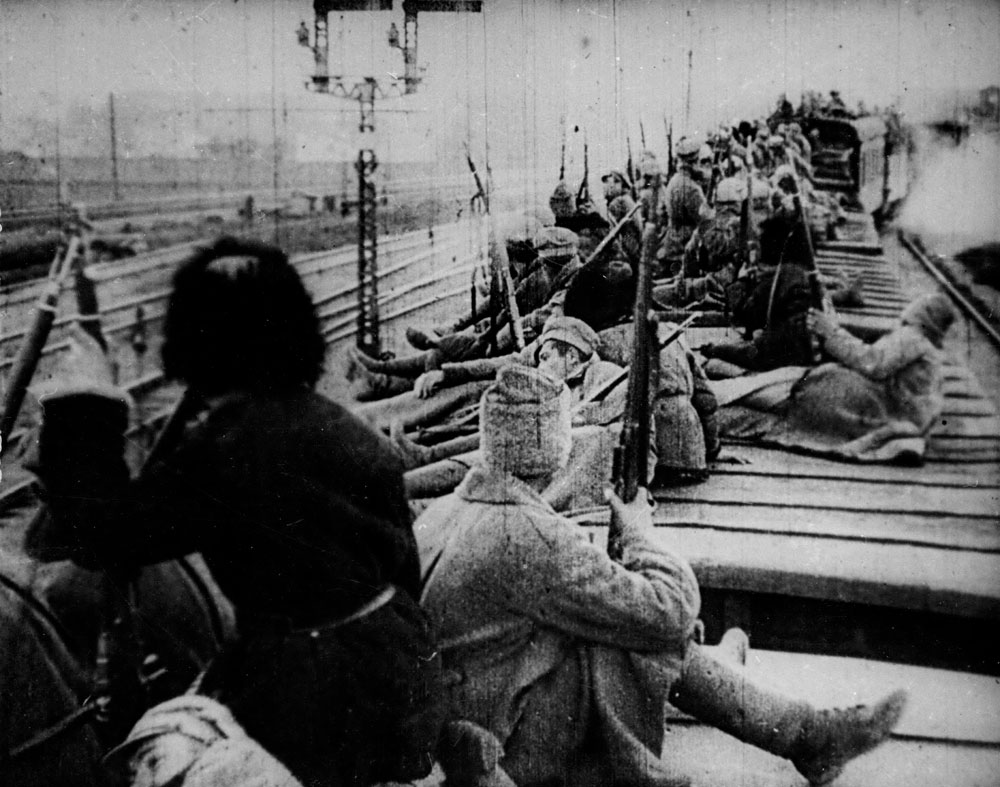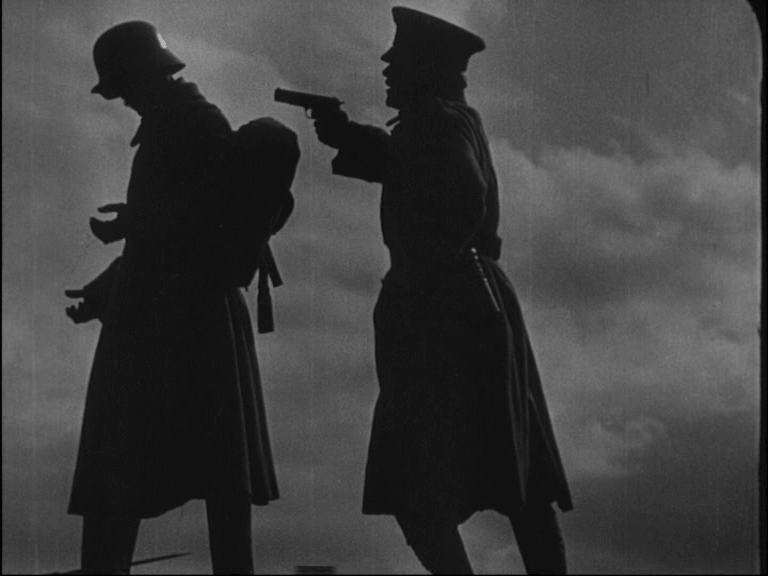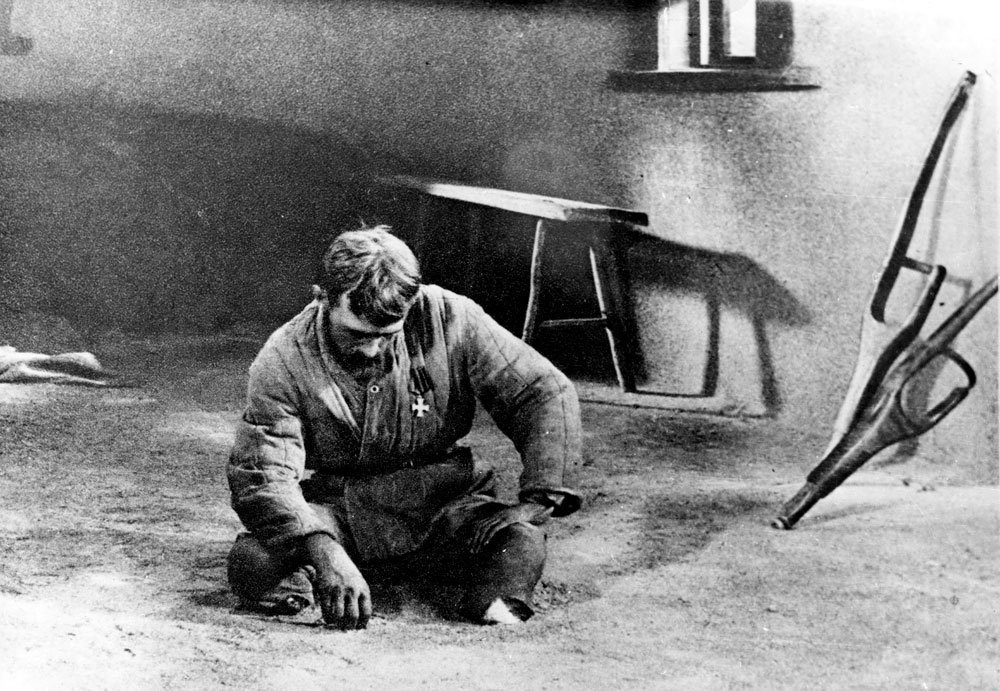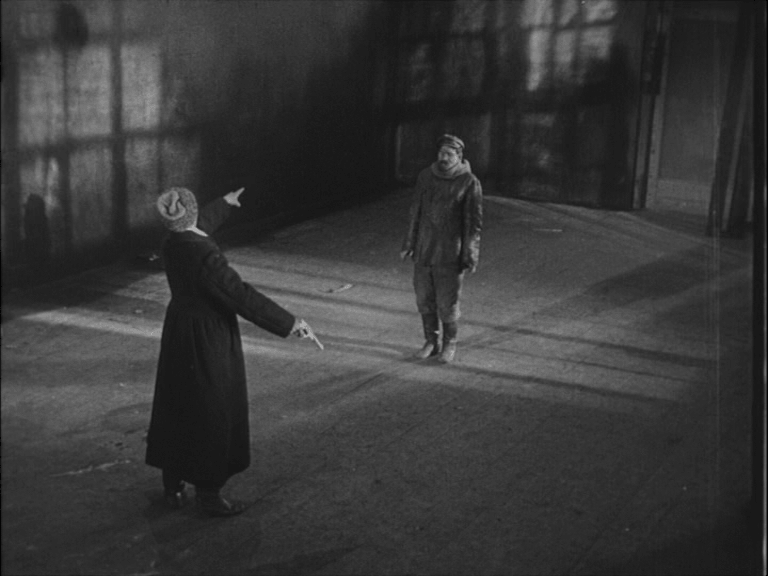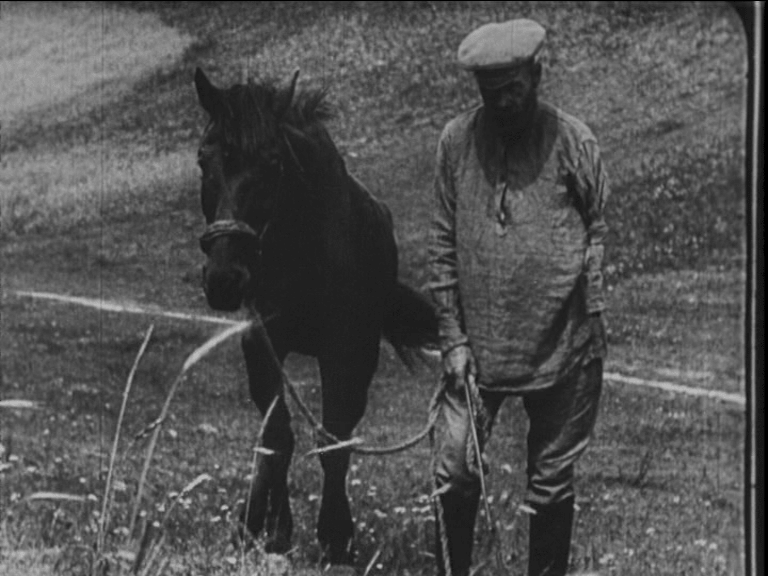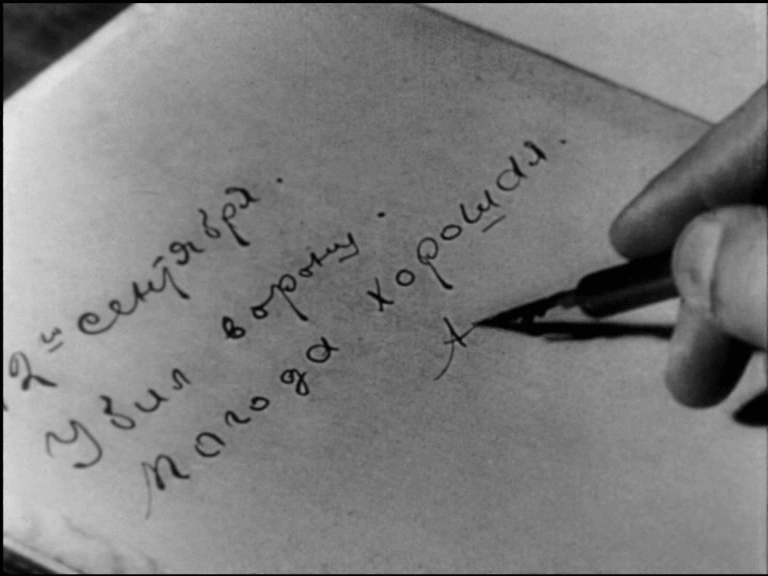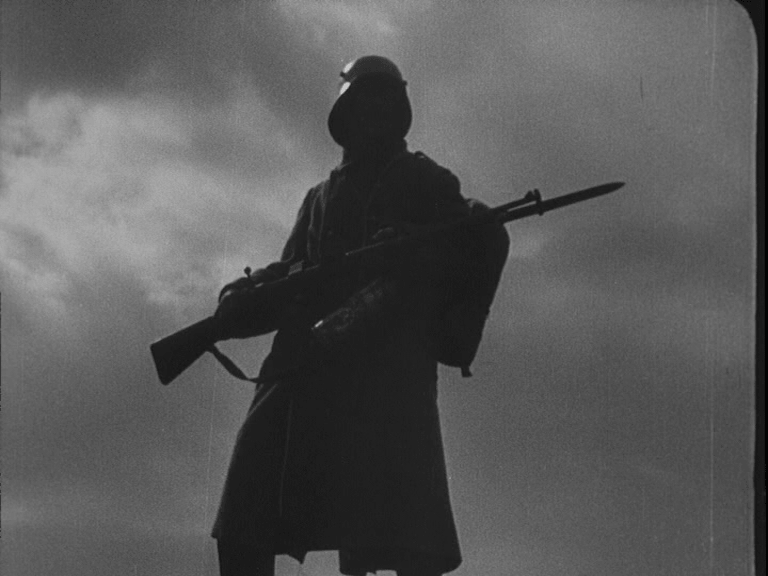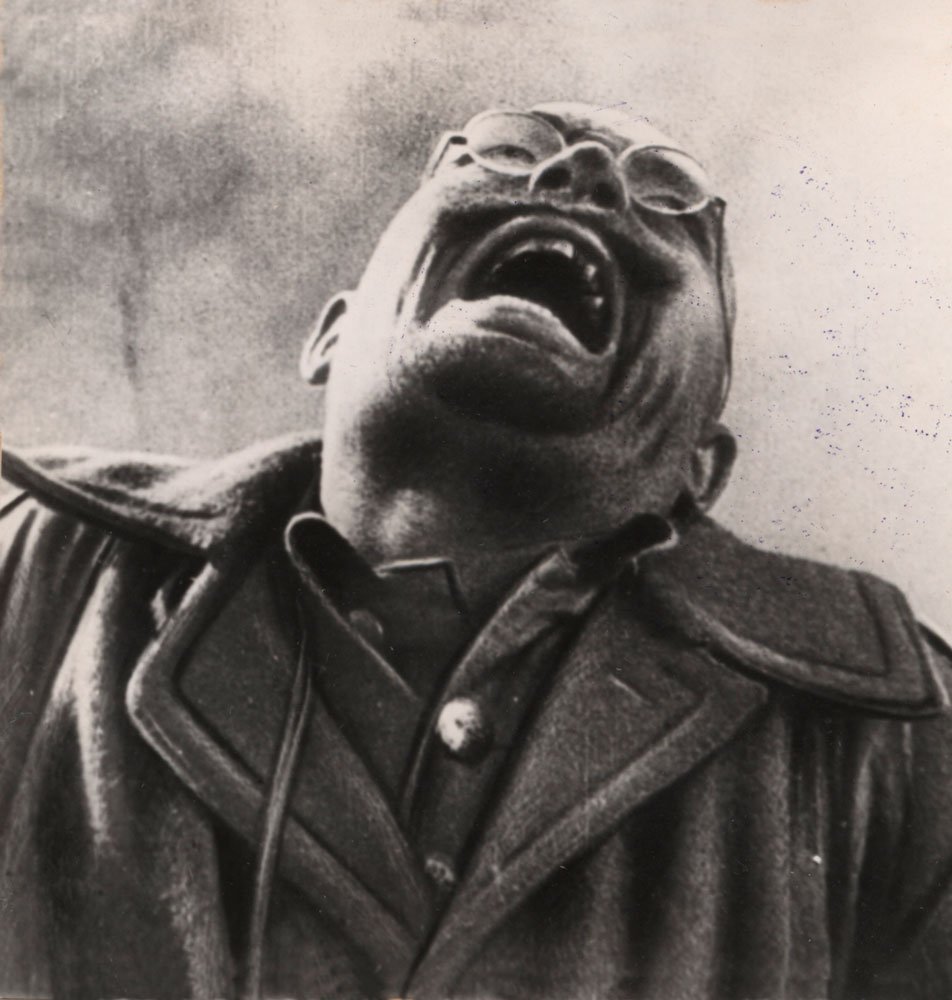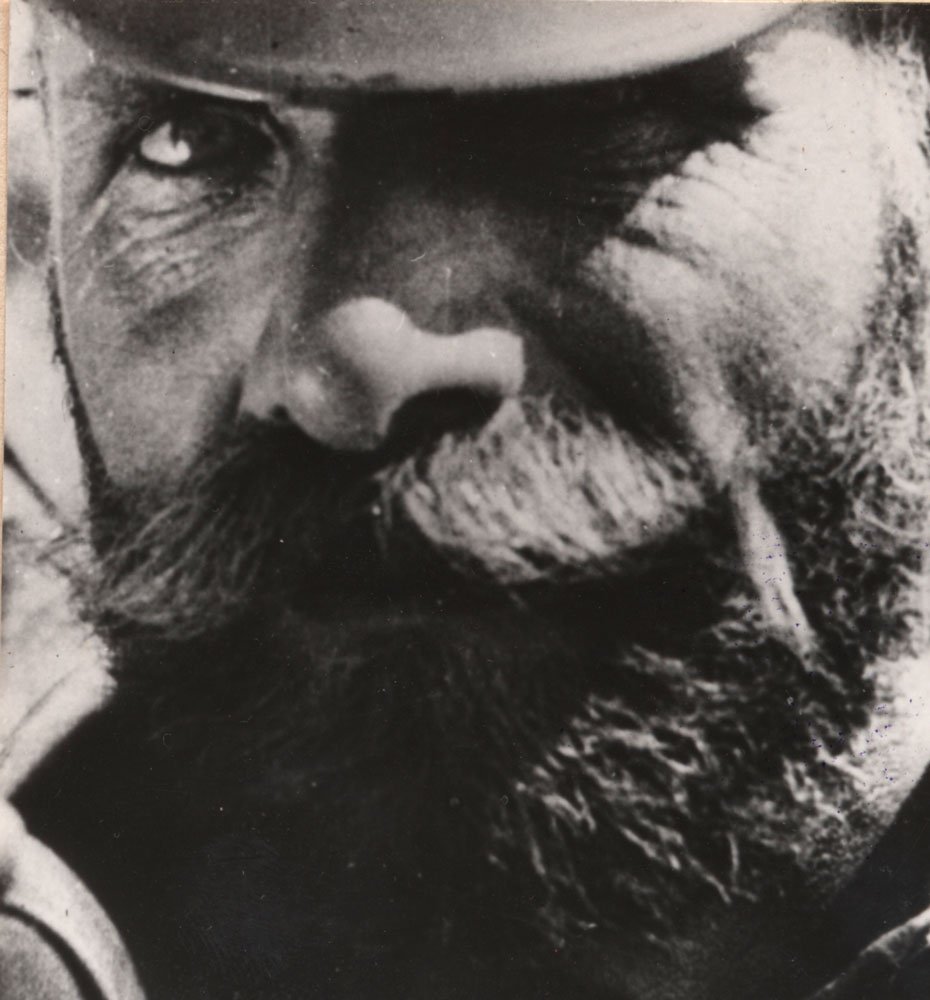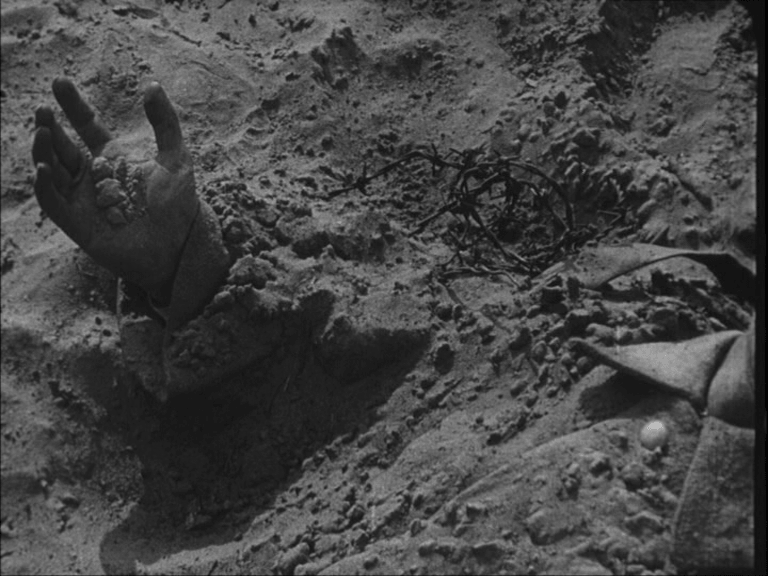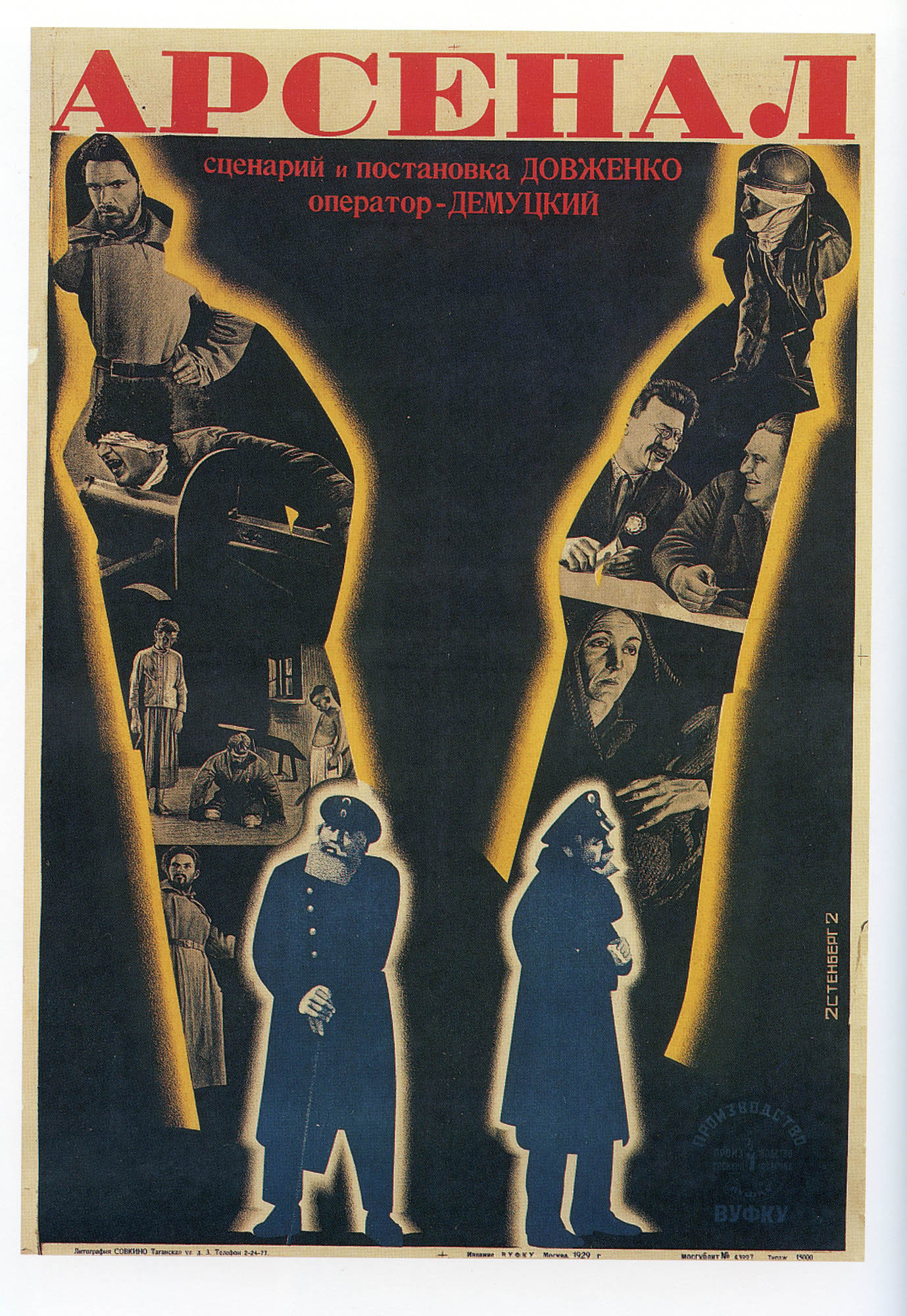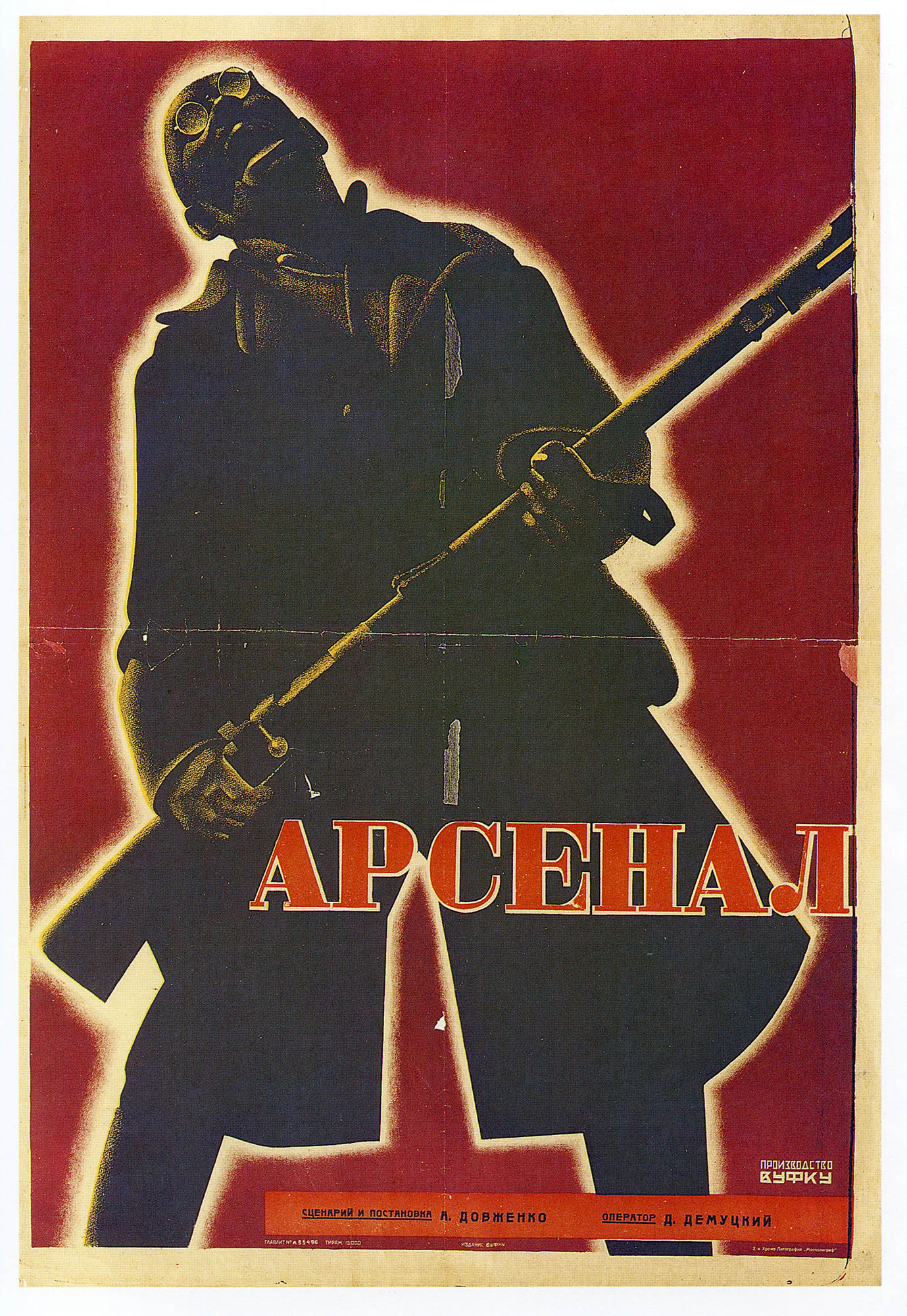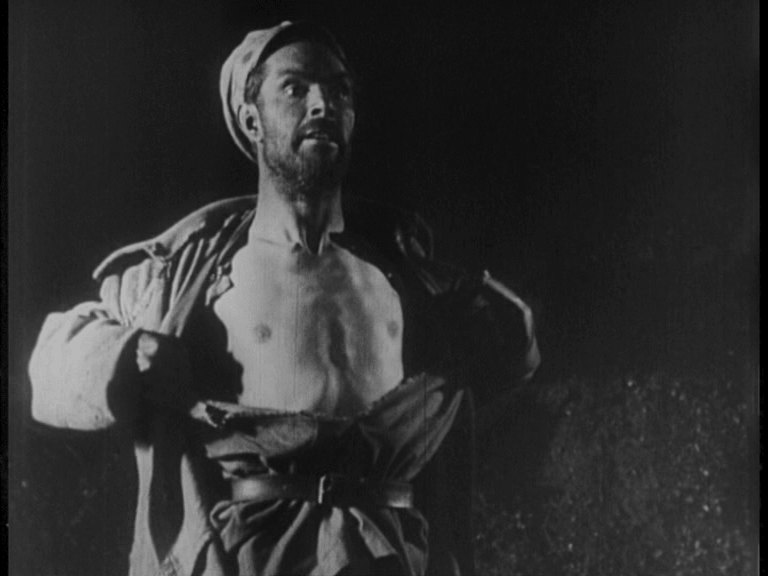
Arsenal
1929
Ukrainian SSR
VUFKU
93 min
Oleksandr Dovzhenko
Oleksandr Dovzhenko
Danylo Demutskyy
Semen Svashenko, Amvrosii Buchma, Dmytro Erdman, Serhii Petrov, Mykola Kuchynskyi, Mykola Nademskyi
The film Arsenal depicts the suppression of the Bolshevik uprising at the Arsenal factory in Kyiv by the troops of the Central Council of Ukraine. According to Soviet mythology, the Arsenal uprising is regarded as a pivotal episode illustrating Bolshevik martyrdom in Ukraine.
However, it’s important to note that the uprising in question wasn’t a people’s revolt by Kyivans against the Central Council. Instead, it was a protest led by Russian workers instigated by the Bolsheviks, who were competing for power in Ukraine.
Dovzhenko, driven by the ideals of national liberation and social revolution, positions the events of the uprising on the narrative’s periphery, crafting a pioneering political film catering to the Ukrainian intelligentsia on both sides of the civil war’s barricades.
The indistinct representation of opposing forces during the uprising, along with the fragmented depiction of various events, imparts a sense of wartime chaos to the viewer, overshadowing any political message and specific one sided interpretation. Nonetheless, the idiosyncratic manner of the actors’ performances and the expressive utilization of lighting, camera work, and editing enable the director to intertwine the personal narratives of individuals within a broader historical context and effectively convey a distinct pacifist message.
Among Dovzhenko’s works, Arsenal stands out as the most intricate in terms of form. Filmed in 1928 by the legendary cameraman Danylo Demutskyi, using the sets by Volodymyr Miuller, it propelled Dovzhenko to fame not only in the Soviet Union but also in Western Europe and North America.
The National Society of American Film Critics named Arsenal one of the five best films of 1929, alongside Karl Theodor Dreyer’s The Passion of Joan of Arc.

